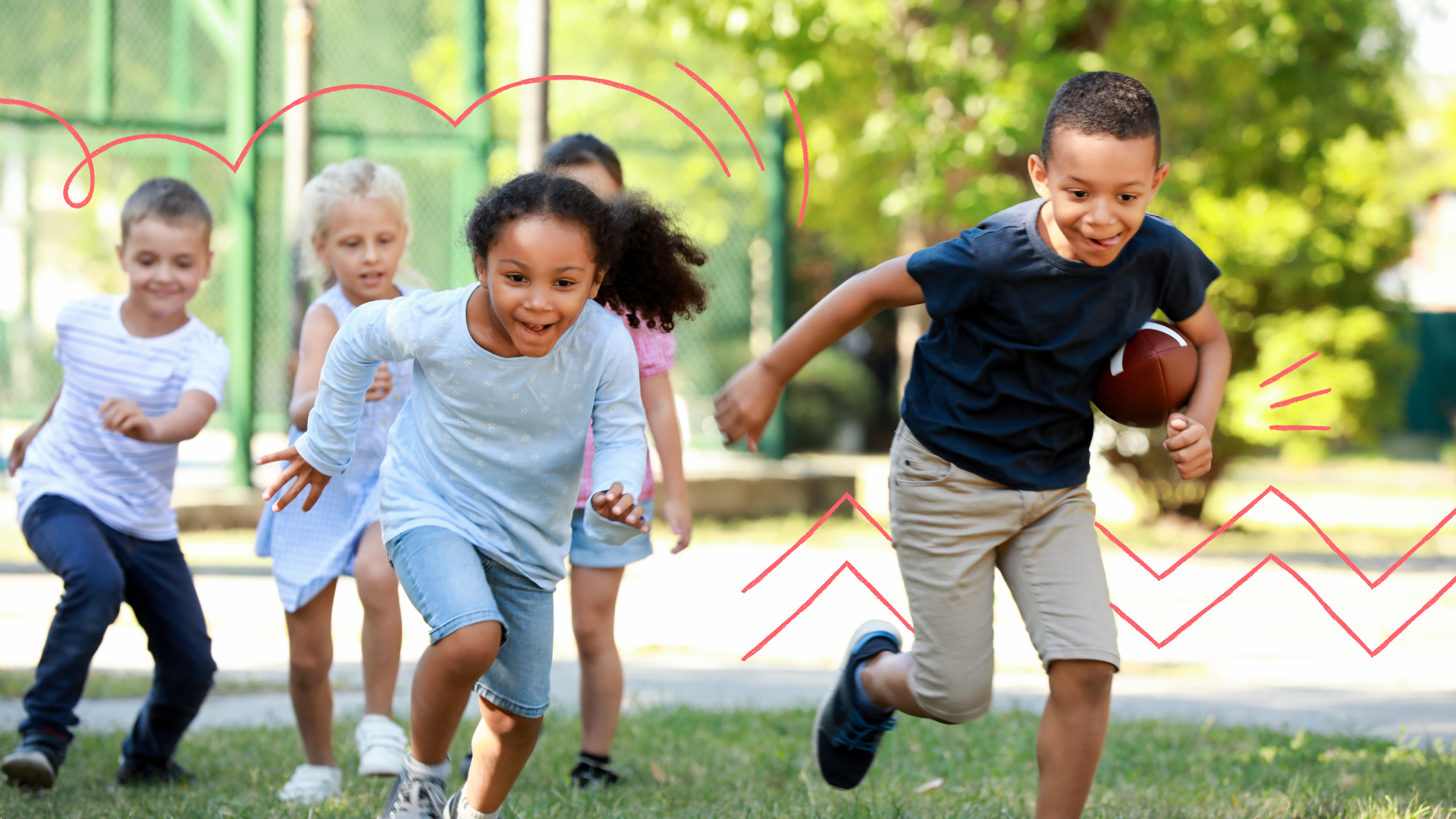
- 2 mins

How do you feel about competition? Some parents try to avoid it both themselves and on behalf of their kids. Some parents see the value in it. I sit on the fence with this one. On the one hand, I want to teach my kids that their achievements do not prop up their self-esteem. On the other hand, I appreciate the learning skills of good sportsmanship, growth mindset, and managing setbacks. Learning to lose gracefully is a lifelong journey and very possibly against our natural human instinct. This is why both cooperative and competitive play is important for children.
According to American sociologist Mildred Parten Newhall, cooperative play is when children from the ages of 4 ½ onwards work together and share a common objective. Kids can really start to access their social skills during cooperative play. Taking turns, compromising, negotiating, and obeying rules are some of these vital learning moments. Collaborative games at home can encourage this kind of play.
Competitive play also carries an equally important set of life skills. Competition can be great for focus, creativity, growth mindset, motivation, coping strategies, resilience, and perseverance. In many cases, it doesn’t have to be the one or the other because competitive play overlaps with cooperative play. Competitive games promote cooperation because children have to adhere to a set of rules and empathize with other children’s perspectives (Kamii, C. & DeVries, R. 1980)
Some kids might find competitive play quite stressful. Children from five can start remembering the rules for games, although they may require a lot of effort. Over-competition can also be harmful to children’s health. It’s great for us parents to be mindful of this. According to HuffPost, seventy percent of children quit competitive sports by thirteen due to a lack of enjoyment. So let’s make sure our kids are at an age to benefit from this kind of play.
If your child loses at something, encourage them to work out how to turn this into an advantage. Praise the effort and not the outcome. I talk a lot about this! You could try saying something like, ‘you tried your best and you’re not where you want to be yet. Let’s work on some strategies to improve things.’
During your family game night, let them know beforehand that when you start playing there will be a winner and a loser. You could try saying something like, ‘winning may feel great but it is temporary. Losing may not feel great but it is temporary and you can manage this disappointment.’ There are lots of different reasons for winning. Sometimes it’s a positive mental attitude, sometimes it’s good luck, and sometimes it’s strategic. But it is always temporary.
Meditation can help kids work through their big feelings. Try Cool Your Boots With Quincy to transport your child’s anxious mind to a peaceful place or Bend It Like Dribbles for soccer-loving sleepyheads.
Board games can get frustrating and sometimes destructive at home. Try putting the kids together in one team and the adults in another. Doing this can help kids work in cahoots against their parents: teaching them teamwork and resilience skills.
Doing this will teach your child that it’s great to take part. You can do this by keeping your cool when you lose, playing by the rules, and congratulating the winner.
Having a few recovery statements like ‘such is life’ can help them not get too embroiled in the losing aspect of the competition. It’s essential to validate their feelings and help them see the wood for the trees.
What we can see is that both cooperative and competitive play are vital. As long as we are mindful of our children’s way of doing things and their natural changes in brain development – both can be great fun. A bit of both can mean lots of learning opportunities for our kids to develop into well-rounded adults.